We’ll need the original deeds
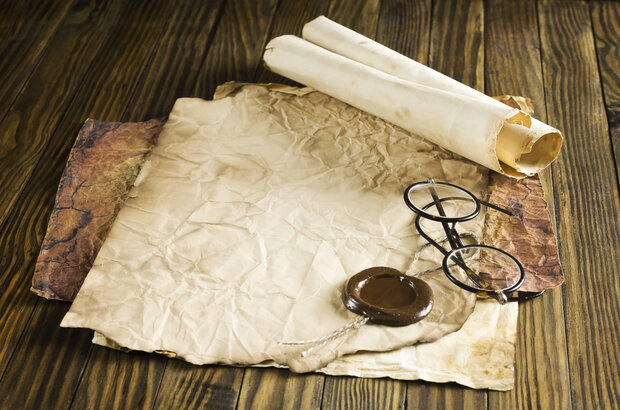
From October, we will no longer accept conveyancer applications for first registration based entirely on certified copies of title deeds and documents.

From October, we will no longer accept conveyancer applications for first registration based entirely on certified copies of title deeds and documents.
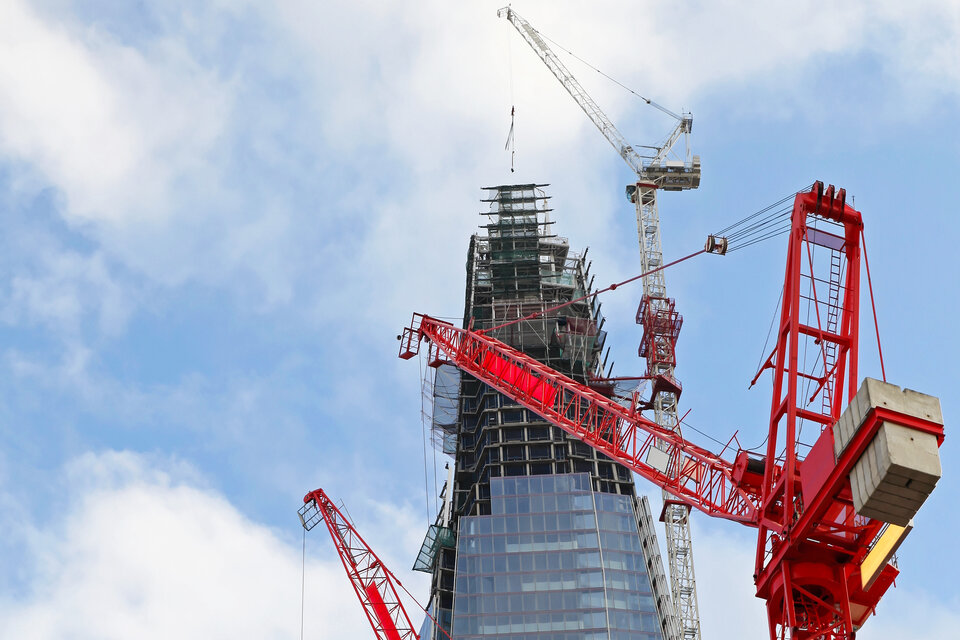
Our new hub brings five key specialist support services together in one place on GOV.UK and on the portal, including Ask for Guidance.

Applications for registration services submitted on or after Monday 31 January will be charged under the new 2021 Fee Order. Are you ready?
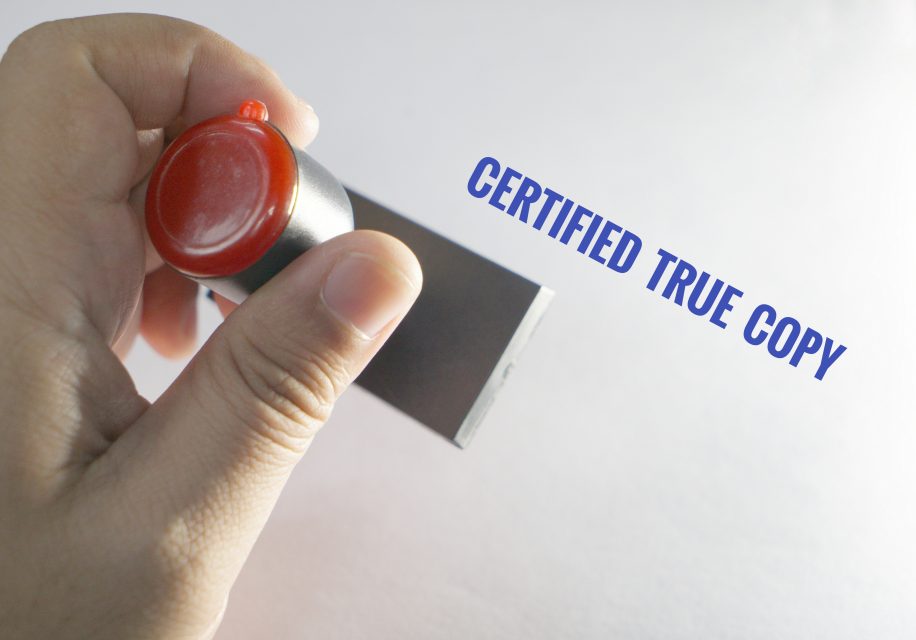
Sending certified copies of deeds with first registration applications is faster, more secure and less costly than lodging original documents. Here’s how to make the most of the opportunity.

Most first registrations are your typical residential properties, such as flats, garden land and houses. So it’s interesting when we receive applications to register property that are not the norm.
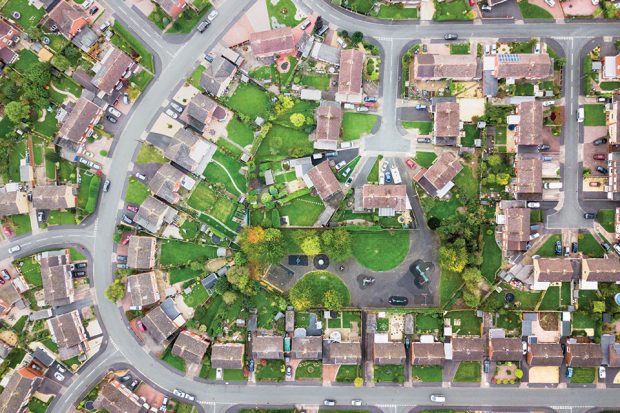
Maggie Telfer talks about the history of the Land Register and how HM Land Registry is working towards comprehensive registration by 2030.
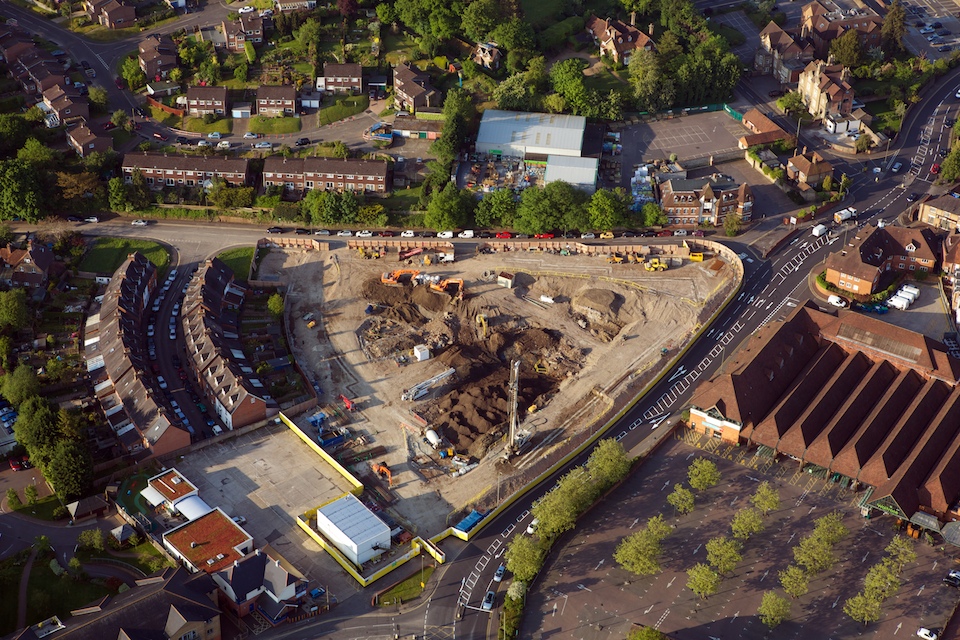
We're working with public sector organisations across England and Wales to ensure all their land and property is registered by 2025, as our Head of Public Sector Strategy Shane Bartlett explains.
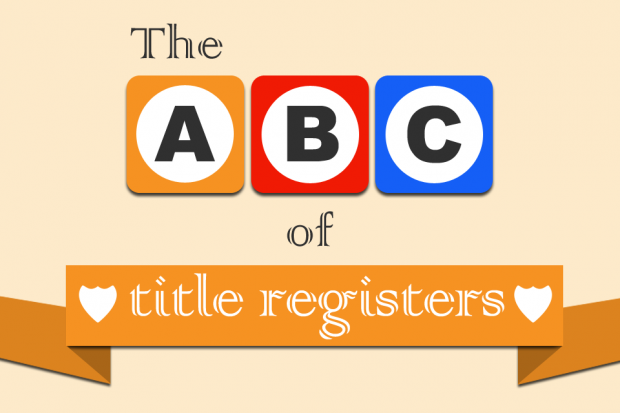
...playing fields, foreshore, and some parts of the seabed. We recently created our 25 millionth title register, an electricity substation in Gateshead. When my sister-in-law was considering buying a house,...
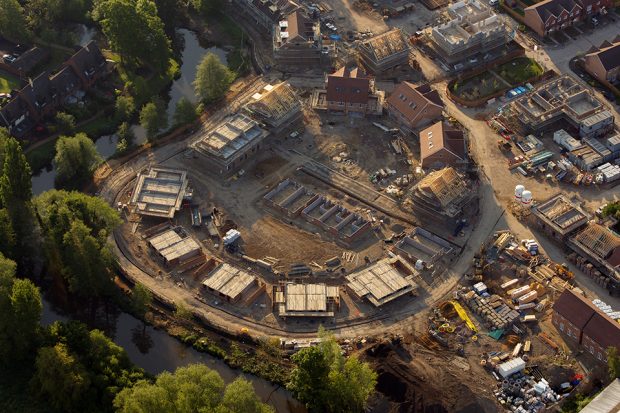
...is the official recording of property ownership. HM Land Registry records property ownership in the Land Register, which is the official ownership list for property in England and Wales. Northern...
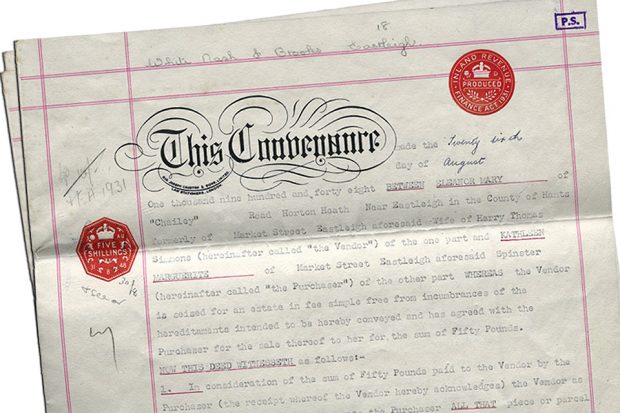
When customers ask us for title deeds, they’re often disappointed to learn that we don't have the originals. Find out what they are, where they might be kept, and whether you need them.